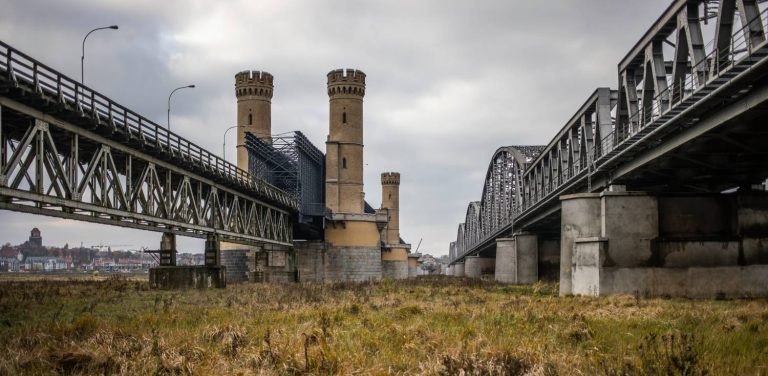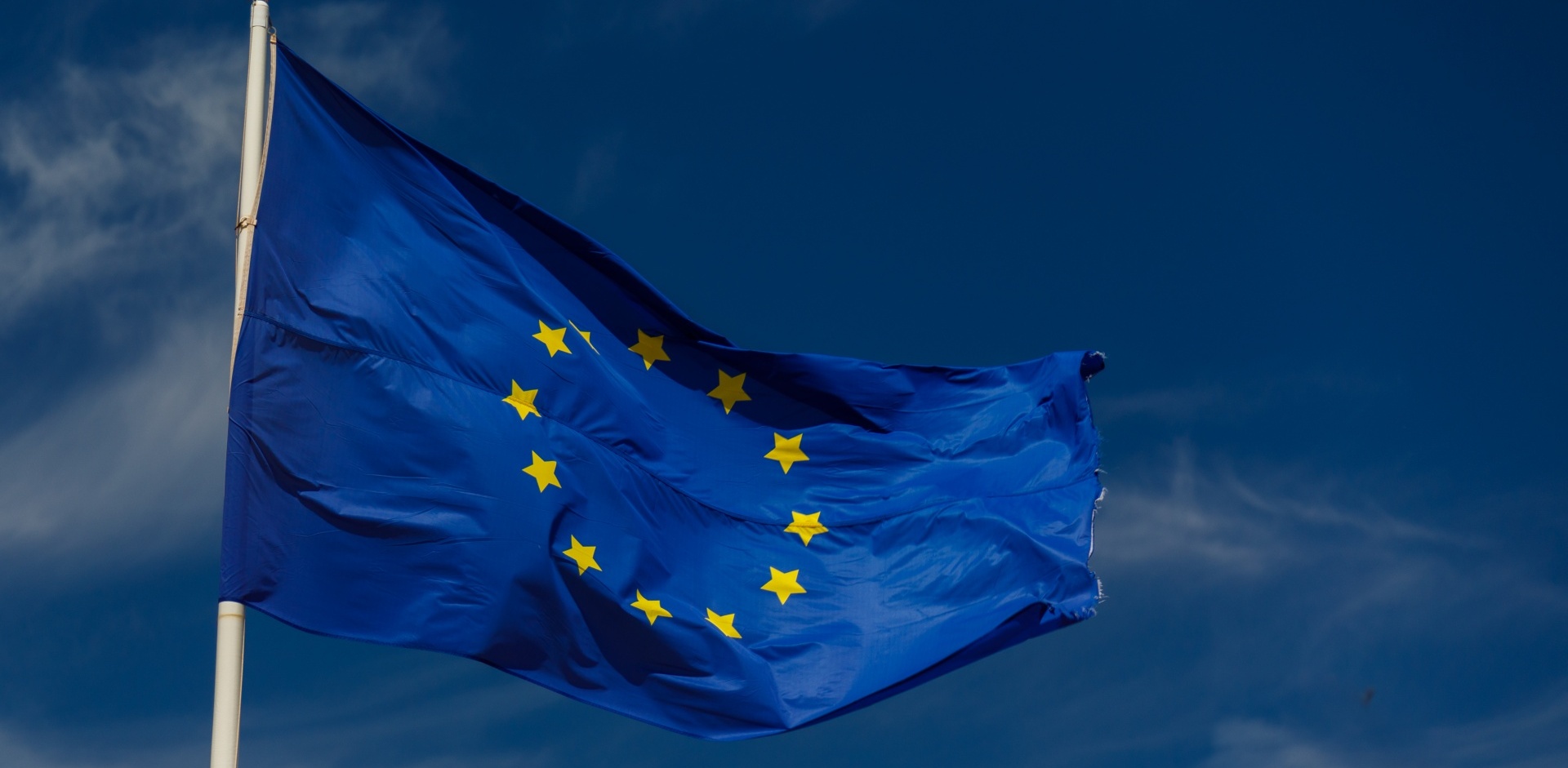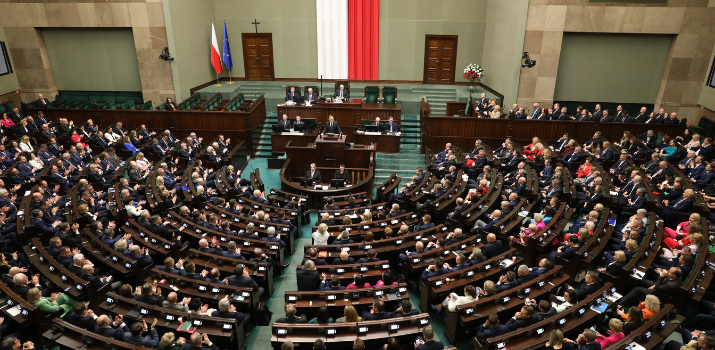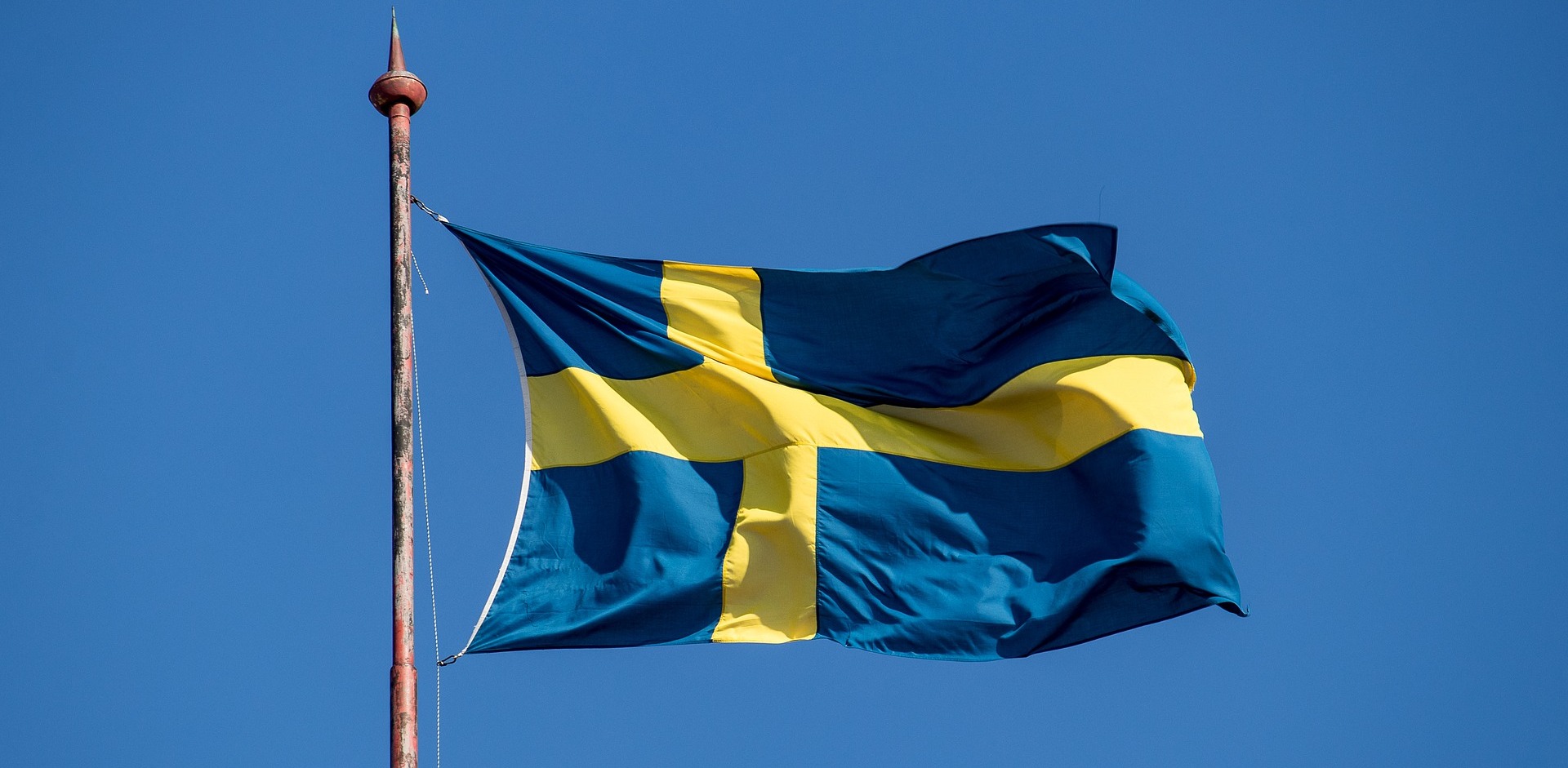Netflix to change its controversial documentary
The documentary, recently premiered by Netflix, the international streaming giant is called „The Devil Next Door”, discusses the story of John Demjanjuk, a man living in the USA who was convicted in 2011 of being a guard at a Nazi death camp during World War Two.
The controversy came from a map, shown in the documentary, of the locations of WW2 concentration camps but against the modern day borders of Poland. Many in Poland complained, saying the maps suggested Poland was responsible for the camps. Last Sunday, Prime Minister Mateusz Morawiecki wrote to the chief executive of Netflix, Reed Hastings, asking him to add clarity to the map. The streaming giant said on Thursday that it would add text to the maps to make clear that the camps were built by Nazi German authorities.
Netflix said in a statement: „In order to provide more information to our members about the important issues raised in this documentary and to avoid any misunderstanding, in the coming days we will be adding text to some of the maps … this will make it clearer that the extermination and concentration camps in Poland were built and operated by the Nazi German regime who invaded and occupied it from 1939 to 1945.”
Plans increase tax on alcohol and tobacco
The Polish government has backed a plan to increase excise tax on alcohol and tobacco products by 10 percent, PAP reports. The government adopted the plans on Thursday and sent them for approval by Parliament. The changes could bring in an extra 1.7 billion złoty tax revenue next year, about 400 million euros. If approved by Parliament and the President, the changes would be introduced from January 1st 2020.
Gdansk is recognised for its sustainable development
Gdańsk has been recognised as a „Leader of Space Management” at the Congress of Urban Policy in Kielce. Gdańsk received the title thanks to its „wise, comprehensive, and sustainable approach to space management and a mature and responsible vision of the city’s development.” Edyta Damszel-Turek, director of the Gdańsk Development Office, collected the award at a ceremony on Thursday.
Gdynia-Berlin Express Changes
Next month, a new timetable will be introduced for the Gdynia-Berlin express. From December 15th, trains will leave Gdynia later in the morning and return from Berlin earlier in the afternoon. Currently trains leave Gdynia at 7:05 and Berlin at 14:37, the new times will be Gdynia-Berlin at 8:57 and Berlin-Gdynia at 12:40. PKP, which runs the service, says the changes better fit into the hotel day, making services more convenient for travellers.
But critics say the changes will make it more difficult for passengers to connect to onwards trains. For example, many passengers use the Gdynia to Berlin train, and then transfer to Berlin to Paris route. The new timetable would make connections such as this more difficult to arrange
And finally you may remember our report earlier this week about Church services in English. For those interested, a service will take place this evening at 5:30pm at the Arkon Park Hotel in Oliwa.
RGEN/AG







